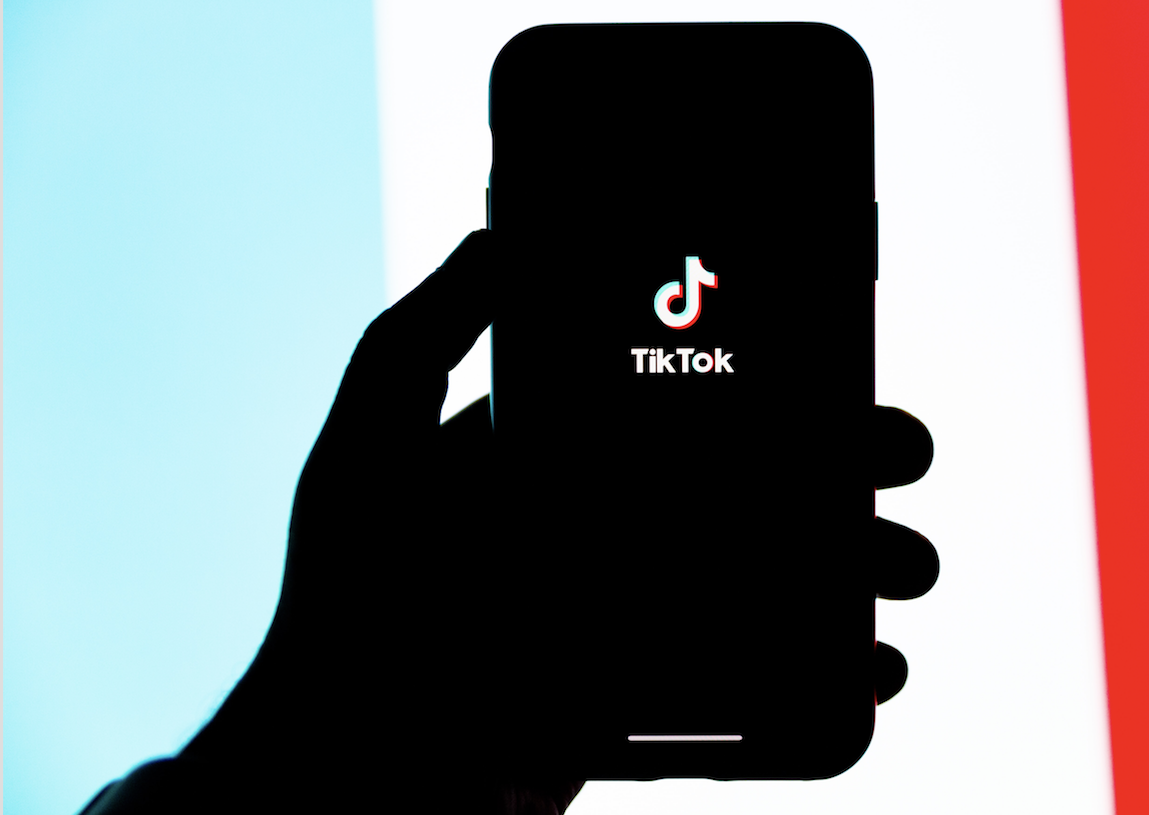Tiktok Activism: A New Dead End

By Jacob Winter, BA Politics and International Relations
Social justice being co-opted for the purpose of profit is not a new phenomenon. One of the most prominent anti-capitalist revolutionaries of the 20th century, Che Guevara, has had his likeness turned into a product, with millions of t-shirts, hoodies, keyrings and zippo lighters. A once powerful image for the liberation of the oppressed around the world has been turned into a product, with the vague notion of “rebellion” being attached to his image.
The same thing occurred with the Black Lives Matter movement, particularly following the racist murder of George Floyd by police officer Derek Chauvin. After millions took to the streets to protest and demand justice, products branded with the terms ‘BLM’ or ‘ACAB’ became widespread. Along with an Instagram trend of posting just a black square on your Instagram, the movement to end racist injustice in the United States became little more than a product and an Instagram trend.
“the movement to end racist injustice in the United States had become little more than a product and an Instagram trend.”
It is even now occurring in modern anti-capitalist politics, with this trend of commodification also being shown on video platforms. There has been a rise of anticapitalist “influencers” mostly occurring on Youtube and Twitch, with anti capitalist Youtubers and streamers being lumped together to a genre known as ‘BreadTube’ (named after the seminal work of anarchist Pytor Kropotkin, the Conquest of Bread).
The shortcomings of Youtube and Twitch in spreading these ideas became very apparent very quickly, as most of these influencers predictably “sold out” in order to make a career out of their work. Whether it be through a Patreon or through selling merch with trendy anti-capitalist slogans, as twitch streamer Hasan Piker does. On his ‘Ideologie’ merch store, he sells hats adorned with the words ‘Class War Veteran’ or sweatshirts with the word ‘Unionize’ on the front. Now, concepts such as class war and trade union membership are cultural items worn to show your dedication to a cause and purchased at extortionate rates. Piker sells hoodies for upwards of $70. The idea itself has become a product and has been rendered harmless to capitalism.
TikTok, a platform for short videos primarily aimed at Gen-Z, has become a main avenue for anticapitalist activists to spread their ideas, and as it is much harder to monetise, has been seen as an alternative to the easily commodified world of Youtube video essays and Twitch debates. #Anticapitalism has over 240 million views, #Communism has over two billion, and #BLM has over 340 billion. Ultimately, it still falls into this trap of social movements becoming nothing more than trends. Tiktok, due to its short video format, relies on catchy and easy-to-remember slogans and ideas.
Much of the issue with new anticapitalist cultural trends can be described using the term ‘interpassivity’. Best defined by cultural theorist Mark Fisher, he used it to describe how anti-capitalist films can actually serve to harm an anticapitalist movement:
‘‘interpassivity’: the film performs our anti-capitalism for us, allowing us to continue to consume with impunity. The role of capitalist ideology is not to make an explicit case for something in the way that propaganda does, but to conceal the fact that the operations of capital do not depend on any sort of subjectively assumed belief.’
This idea can be applied to anti-capitalist TikToks and other cultural outlets as well, such as the anticapitalist Youtube videos and Twitch streamers particularly mentioned.
Although Youtube, and especially TikTok, cater to a Gen-Z audience, I do not believe this is a unique product of Gen-Z bandwagoning. This is emblematic of a larger issue and one that has been documented for a long time. Even Vladimir Lenin commented on this as long ago as 1918 in his seminal work ‘State and Revolution’:
‘During the lifetime of great revolutionaries, the oppressing classes constantly hounded them … After their death, attempts are made to convert them into harmless icons, to canonize them … while at the same time robbing the revolutionary theory of its substance, blunting its revolutionary edge and vulgarizing it.’
Capitalism breeds anti-capitalism, and for capitalism to survive, it must commodify and render anti-capitalist ideas inert. This has been happening since Lenin and Che Guevara, and it is not a new phenomenon.
Anti-capitalism is prevalent within all forms of capitalism, and TikTok is merely the most recent representation of this. It is for this reason that figures like Dr Martin Luther King can be celebrated by the FBI, the men who allegedly killed him, or why the Black Panthers and Chairman Fred Hampton can be depicted sympathetically in a film that took the Academy Awards by storm. Anti-capitalism can’t rely on existing forms of culture to radically change the state of things, the challenge now is how we get around that.
(Photo Credit: Solen Feyissa on Unsplash)




